Question And Answer
Publications
Articles, publications, books, tools and multimedia features from the U.S. Institute of Peace provide the latest news, analysis, research findings, practitioner guides and reports, all related to the conflict zones and issues that are at the center of the Institute’s work to prevent and reduce violent conflict.
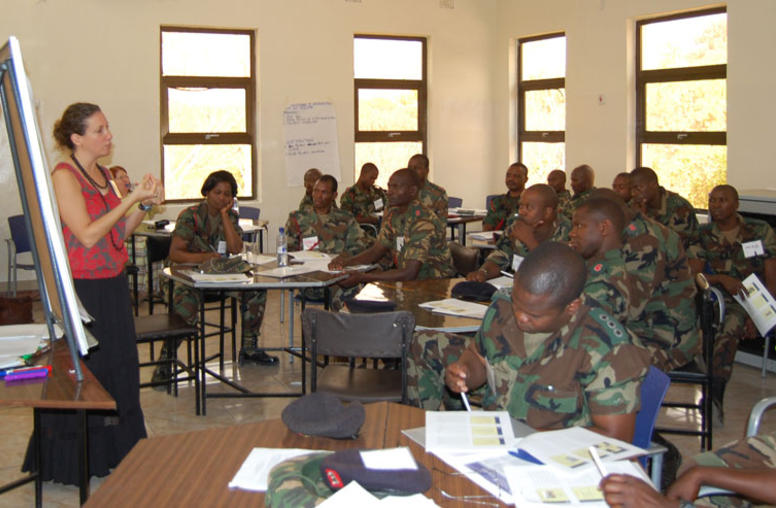
USIP’s Growing Training of African Peacekeepers Set to Continue
The U.S. Institute of Peace (USIP) has been expanding its training of African peacekeepers in 2012 above that in past years, and USIP’s unique role in this State Department-led program will be continuing at this new, faster pace.

USIP Hosts Conference Looking At Impact, Expansion of Virtual Exchanges
The U.S. Institute of Peace (USIP) brought together a diverse group of thinkers, policymakers and practitioners for an October 15 conference that examined the positive impact of online or “virtual” exchanges for students and others around the world and the need to expand their use in an era of tight constraints on spending.
Partnerships in Peacebuilding: Reconciliation in Iraq
Watch the newest “Witnesses to Peacebuilding” video about the transformation of Mahmoudiya, Iraq, featuring U.S. Army Lieutenant Colonel William Zemp of the 101st Airborne Division.

Looking Back on the Cuban Missile Crisis, 50 Years Later
Fifty years ago this month, world attention was fixed on a U.S.-Soviet confrontation over the placement of Soviet nuclear-armed missiles in Cuba, probably the most dangerous and perhaps the most studied moment of the Cold War. This iconic crisis has left us a legacy of lessons and insights for the future, many only recognized in recent years as previously classified materials have become available.
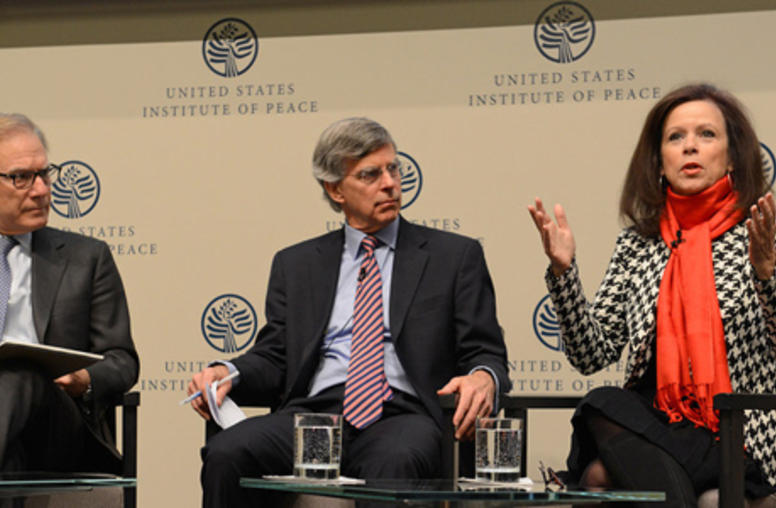
Wright, Ignatius Analyze Iran Developments
Prospects for a long-term nuclear deal with Iran are better today than in decades because of a new government of “realists,” growing social problems and economic pressure, according to two veteran journalists who recently returned from Iran. But they also told an audience at the U.S. Institute of Peace (USIP) on January 9 that a final breakthrough faces tough opposition in both Iran and the United States.
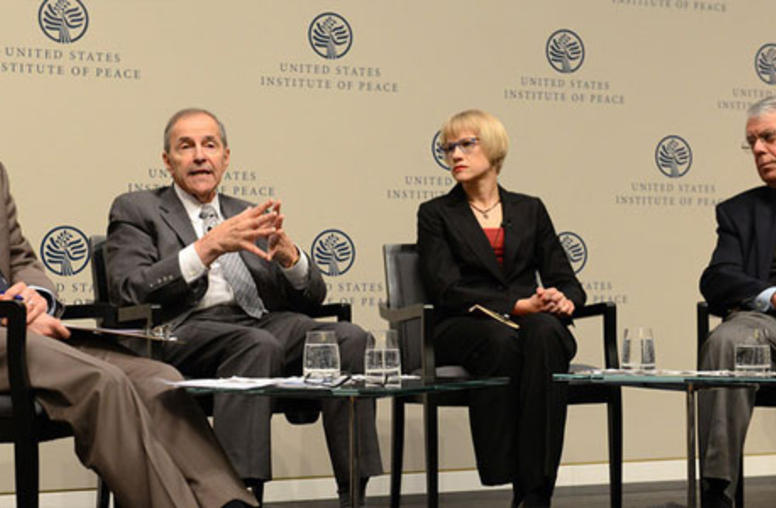
South Sudan Crisis, Ways Forward Analyzed at USIP
Though the immediate diplomatic focus should remain on arranging a cease-fire, a longer-term political process to overcome the crisis in South Sudan will need significant involvement by the international community, particularly the United States, members of an expert panel said at the U.S. Institute of Peace (USIP) on January 10.
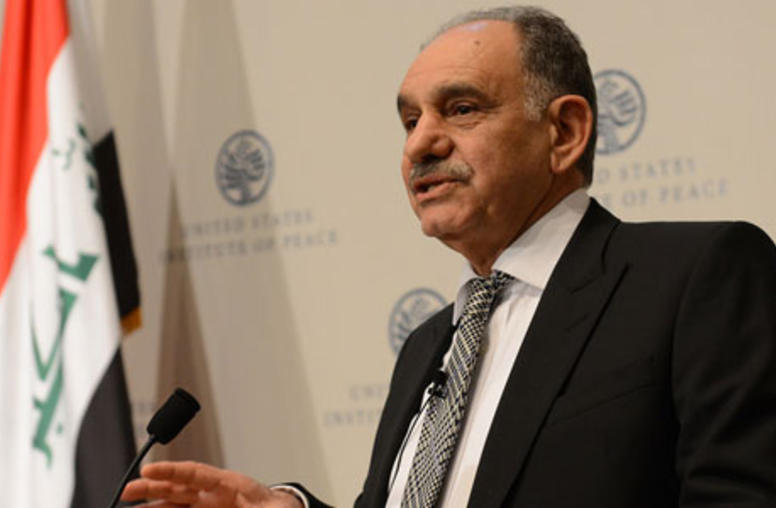
Iraqi Deputy Prime Minister Calls for Reconciliation, U.S. Pressure
Contending the United States has "a legal and moral responsibility" to help Iraq overcome its slide into political sectarianism, Iraqi Deputy Prime Minister Saleh al-Mutlaq said January 14 that the transfer of American weapons to the Iraqi Army to fight al-Qaida-linked militants occupying parts of the western province of Anbar will not succeed without a broader national reconciliation.
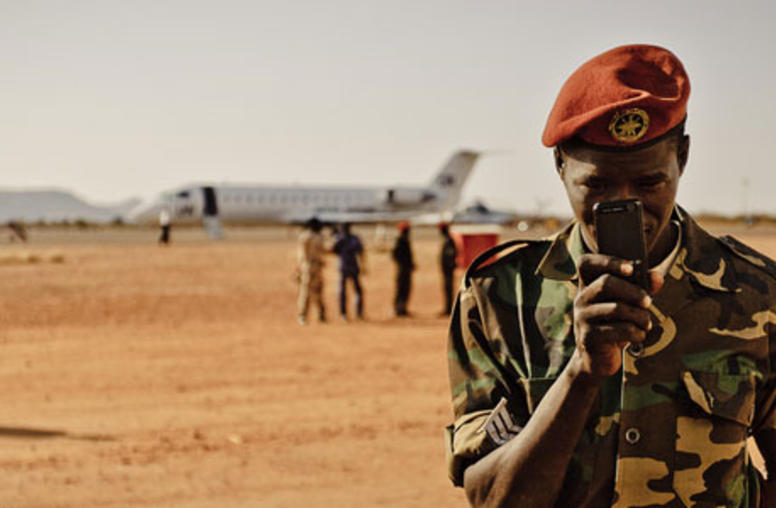
Far From the Madding Crowd
On Saturday, Nov. 23, for the third evening in a row, the website Aymta.com sent a text message and e-mail blast to its subscribers, saying that a scud missile had been launched from Damascus, on its way to the northern Syrian city of Ar-Raqqah. Residents there had about ten minutes to shelter themselves however they could.
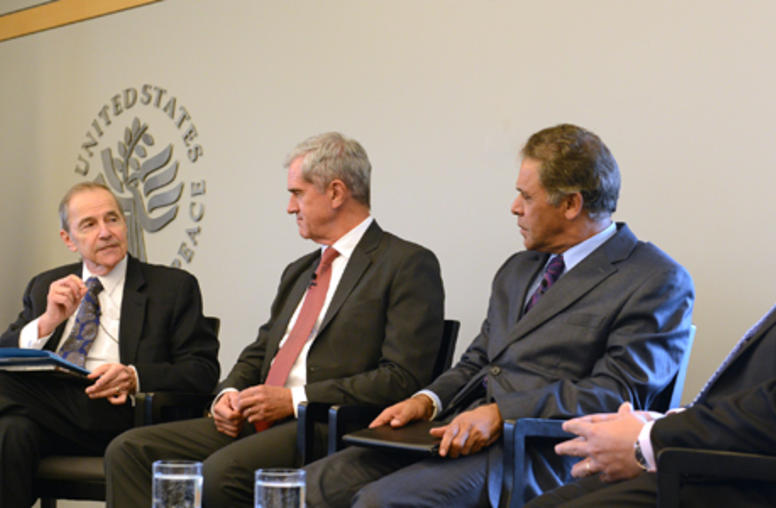
Considering the Lessons of Mandela’s Legacy and South Africa’s Reconciliation
Though the politics and causes of conflicts differ significantly, the experience of South Africa’s peaceful, negotiated turn from racial apartheid to democratic majority rule suggests that a few principles exemplified by the late Nelson Mandela’s leadership are broadly applicable to other conflicts with hardened divisions, according to former participants in the South African transformation who gathered this week at the U.S. Institute of Peace (USIP).
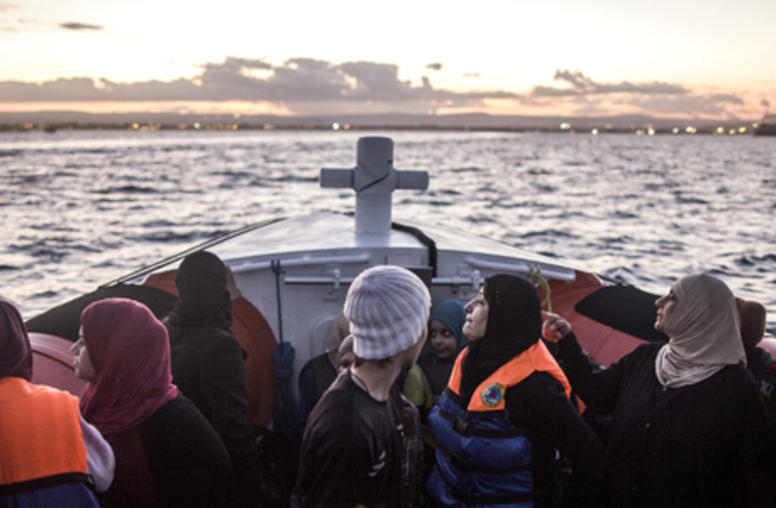
The Big Picture
Wars eventually end. Even the longest, most brutal, and most destructive conflicts ultimately give way to peace. Syria's civil war is no exception. All sides acknowledge that they are unlikely to prevail on the battlefield anytime soon, and both the regime of President Bashar al-Assad and the opposition have conditionally accepted the Geneva Communiqué for a political transition, endorsed by the Syria Action Group of the United Nations on June 30, 2012 (Geneva I). The United States, its Europ...